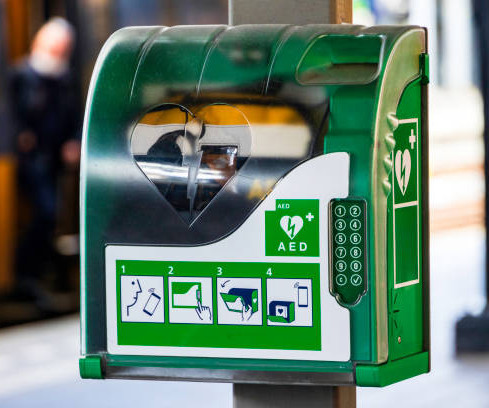Systemic Steroids: An ED Focused Overview
EMDocs
OCTOBER 9, 2023
6 However, due to the vasoconstrictive effects, hydrocortisone may be useful in refractory shock. Corticosteroids in septic shock: a systematic review and network meta-analysis. Fludrocortisone Is Associated With a Higher Risk of All-Cause Hospitalizations Compared With Midodrine in Patients With Orthostatic Hypotension.












Let's personalize your content